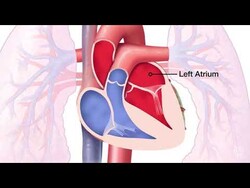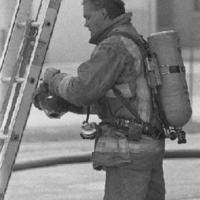Bruce's Journal
Mitral Regurgitation, Joined November 8, 2023
Mitral Regurgitation
Joined November 8, 2023
-
 I am from: Nellysford, Virginia
I am from: Nellysford, Virginia -
 My surgery date is: April 5, 2024
My surgery date is: April 5, 2024










Yikes I didn't know it would blow up the pic so big - apologies!